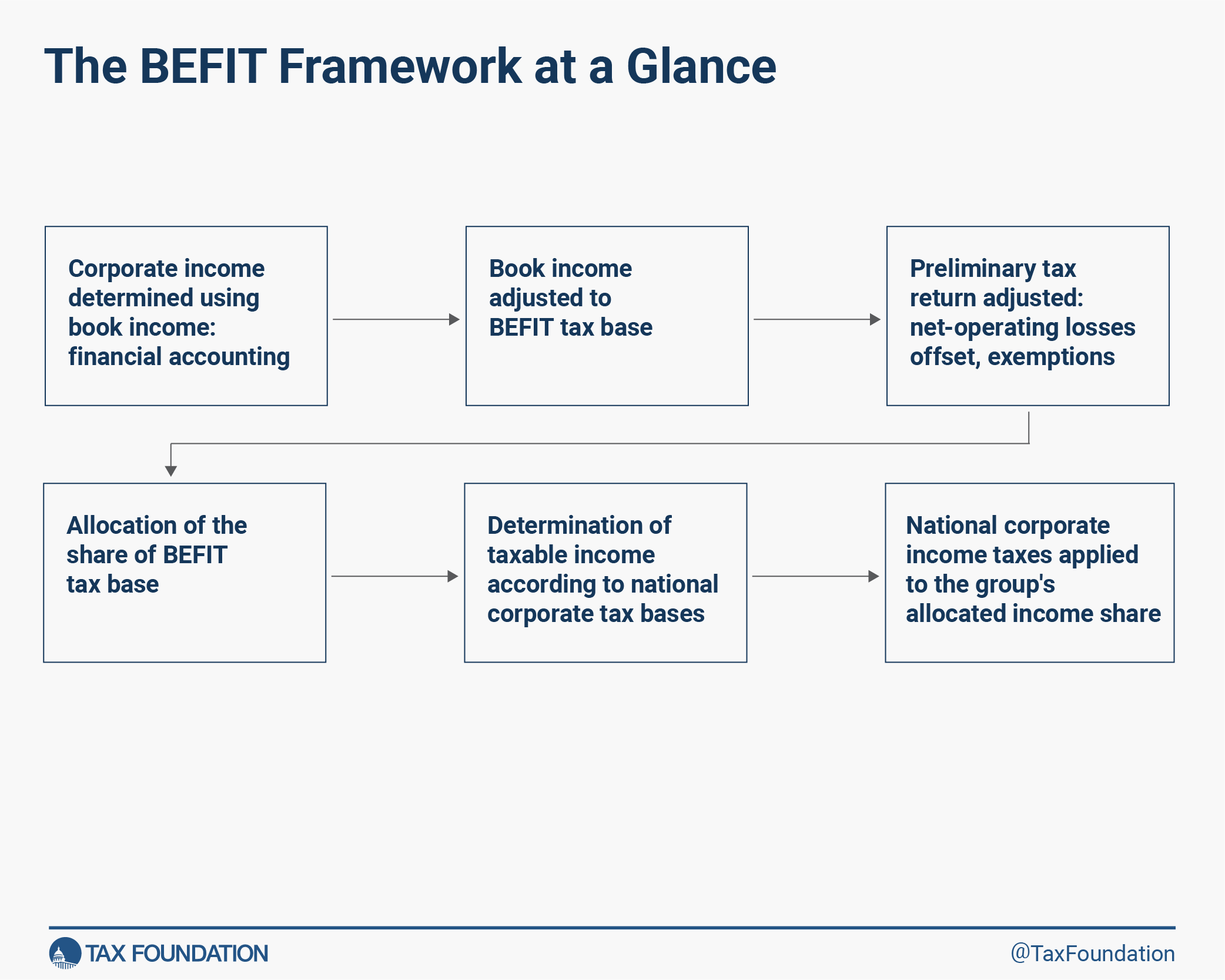RSC Budget | Republican Study Committee (RSC) Budget Tax Plan, 2024
This week, the Republican Study Committee, led by Chair Kevin Hern (R-OK) and Budget Chair Ben Cline (R-VA) released its 2024 FY budget proposal with tax provisions that grow the economy and simplify the tax code, two goals that should be top priorities for policymakers. In addition to permanency for the Tax Cuts and Jobs Act (TCJA), the RSC’s tax plan repeals distortive policy enacted in recent legislation and proposes neutral, pro-growth reforms to correct the tax treatment of investment.
The Inflation Reduction Act (IRA) implemented new green energy tax credits, partially paid for with a new minimum tax on certain corporations. Updated estimates find the cost of the IRA’s tax credits is more than double the original estimate, approaching a price tag of $652 billion over the next 10 years. This revenue loss to the Treasury could be a payday for foreign governments as the new global tax deal threatens to strip away some U.S. tax credits’ value for U.S. businesses.
The IRA’s new tax credits and minimum tax are complicated provisions yet to receive complete guidance from the Treasury and IRS. In fact, the IRS is waiving late fees for minimum tax payments as the agency is still writing guidance for companies to comply with the law. The RSC budget fully repeals the IRA, simplifying the tax code and raising revenue to partially offset other tax changes. Further, it requests critical information from the Treasury Department on the global tax deal that is essential to determine its impact on U.S. fiscal policy.
A key feature of the RSC tax plan is permanency for the TCJA individual provisions, which are scheduled to expire after 2025, and investment incentives, which are currently phasing out or already expired. Making investment incentives like bonus depreciation permanent becomes even more critical in times of high inflation, which more quickly erodes the value of deductions. Further, canceling R&D amortization would boost tech, manufacturing, and small businesses.
The RSC budget expands on pro-growth ideas by improving the tax treatment of structures, which do not qualify for bonus depreciation and must be depreciated over 39 or 27.5 years. First, it shortens the depreciation schedule for structures to 20 years across the board. And it would introduce neutral cost recovery for structures, indexing depreciation schedules to inflation and the cost of capital. This is nearly economically equivalent to immediate expensing at a fraction of the 10-year cost. According to previous Tax Foundation modeling, the RSC proposal for structures would boost GDP by 1.2 percent and create 230,000 jobs, while raising $127 billion in tax revenue over the budget window on a dynamic basis.
Other key provisions include introducing universal savings accounts, indexing net operating losses to inflation, and eliminating the state and local tax deduction.
By extending bonus depreciation and introducing neutral cost recovery, the RSC budget would significantly improve the treatment of investment leading to increased growth, expanded employment, and higher wages. Eliminating distortionary, complicated, and expensive tax credits in the IRA simplifies the tax code and raises revenue to partially offset other tax policies. Together, the reforms mark a positive step forward for promoting economic growth and simplifying the tax code.






